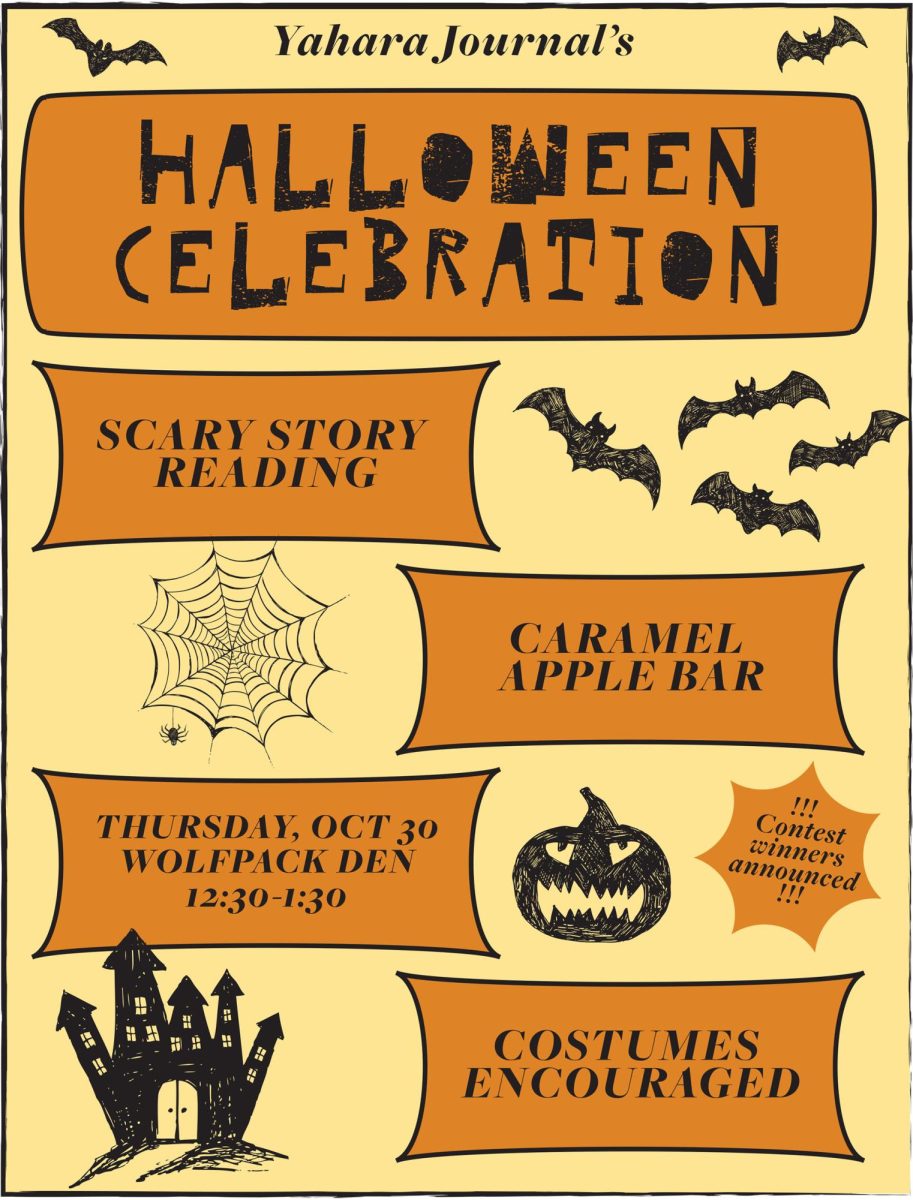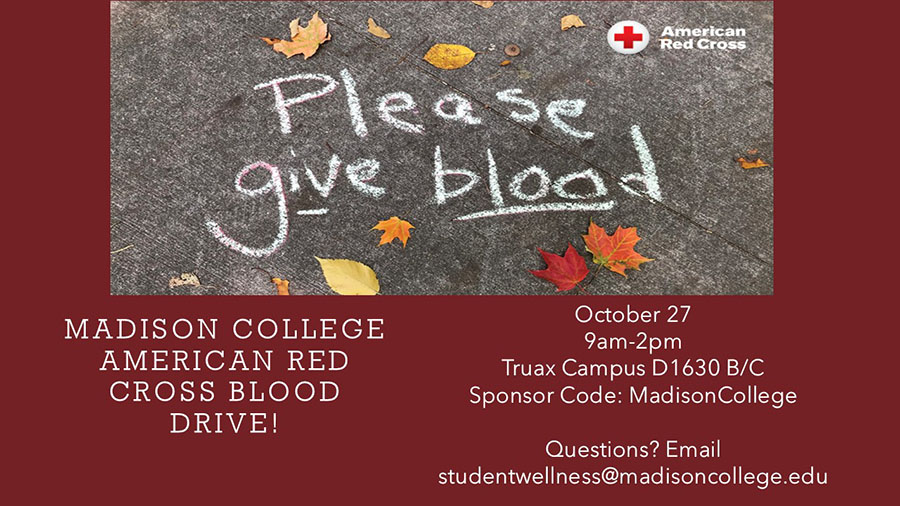Often in this world, a glass of cool, pure water is a rare commodity. It is easy for people to take for granted something that they are not without. We are spoiled, and most of the time we don’t even realize it. Personally, I’m worried about the condition of our water.
Realistically, we are exposed to our own local water the majority of the time, and day-to-day events rarely cause most to be concerned over changes in our local water supply. What we do here and now is going to make a lasting impression on the continuing condition of the Madison water supply. Even if you only add one straw at a time, eventually, the camel’s back may break.
“The Last Drop, is The World Running Out of Water,” is an example of excellent journalism that I recommend. Not only are we presented with facts and truths in relation to the issue of world water, but we can personally see the fear, parched lands and dirty riverbeds.
With startling facts such as only two percent of the world containing fresh water, and even the vast majority of that is locked in ice caps, underground crevices and marshes. The lack of fresh water is astonishing, and when paired with the visual appeal and dramatic effect of the full documentary, this video leaves the viewer dry in the mouth, desperate for a sip of water, yet scared that it is polluted or un-replenishable.
Disasters have occurred in the United States resulting in major toxic events. Brian Handwerk of National Geographic tells us of such a disaster in 2008 in Kingston, Tenn.. When a fossil plant broke, a billion gallons of toxic coal ash waste was emptied into the surrounding environment. Despite the EPA refusing to classify coal ash as a hazardous waste, they wore full hazard suits and even went so far as to remove contaminated soil from the environment.
We are fortunate that something on this scale has not happened here, but what about farming runoff or even sealing our driveways? What about the chemical sprays that we use to get the weeds out of our sidewalks rather than pluck them with our own fingers? Is this not adding up over time? The thought of the compounding effects makes me feel driven to make better choices.
Events such as that also leave us asking whether enough is being done to ensure our safety.
PBS Frontline’s movie, “Poisoned Waters” gave us a glimpse of what is happening in our country’s water supply from the addition of modern contaminants found here in the United States.
In the Potomac River, abnormal developments are being discovered in the fish supply. This involves mutations of the hormone systems, which would result in the formation of female characteristics in male fish. Ovaries and eggs were found to be growing inside the testes of male fish, proving developed hermaphradation from the introduction of all the endocrine disruptors. Oh, did I mention that’s only a few states away? Looks like all those birth control pills we’re peeing out add up.
Only a mere 2.5 percent of our water is fresh water. From that, barely a quarter of it is available to us. Personally, I was surprised one morning when I realized that despite my recycling and refusal to litter or contaminate intentionally, I too was contributing to the disaster by my simple use of shampoo, lotion, makeup and perfume that I use on a daily basis. Every time I shower, all those chemicals are hopefully being filtered out before returning to your local bubbler. (Only in Wisconsin can I say bubbler in print, I love it.)
My next trip to the store did result in eco-friendly dishwasher detergent – so they say – as well as slightly more expensive toilet paper made from 40 percent recycled paper.
I hope that next time I choose products or lotion I will continue to make better choices rather than revert back to favorites or cheaper choices.
I may be just one person, but the world does tend to have a domino effect. I realize that my household can be changed over to more economically appropriate choices, realistically, one product at a time as the others run out. I do believe this is a goal we can all see as tolerable.
What about you, do you have any ideas that can help to improve or reduce water contaminants into our local waterways? Send in your ideas or thoughts to [email protected].


























